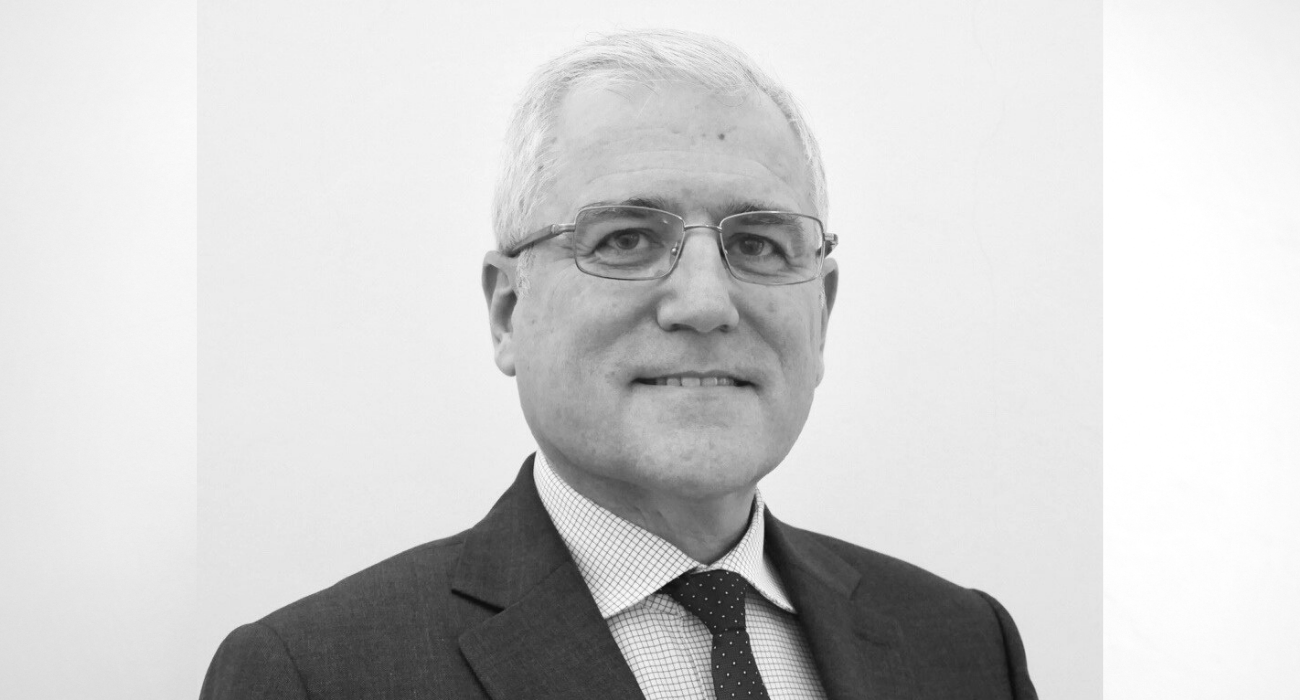A founding member of the North Atlantic Treaty Organization (NATO), France has long had a complex relationship with the Alliance. A faithful ally, France has always played a distinctive role within NATO, not hesitating to criticize its way of functioning, from Charles de Gaulle’s withdrawal from the Alliance’s integrated military command to Emmanuel Macron’s various comments in the media. At a time when NATO is preparing a new Strategic Concept and the United States is confirming its pivot to the Indo-Pacific, France needs to retain its ability to influence the evolution of an Alliance that remains the cornerstone of transatlantic defense and collective security, as dramatically illustrated by Russia’s aggression toward Ukraine.
The Issue of the Integrated Military Command
France is still the only NATO member to have withdrawn from the integrated military command. This decision, taken in 1966 by Charles de Gaulle, was as much the product of his policy of fierce independence as of differences of opinion with the Americans on the direction the Alliance should take. France nevertheless continued to be a member of the North Atlantic Council, NATO’s principal political decision-making body, taking its place as a key ally ready to engage militarily alongside other NATO members within the framework of collective defense as defined by Article 5 of the Treaty. The end of the Cold War, NATO’s intervention in the Balkans and then in Afghanistan, and its expansion into Eastern Europe all changed France’s perspective on the Alliance. Following Jacques Chirac’s aborted attempt in 1995, in 2007 Nicolas Sarkozy took the decision to return to the integrated military command, confirmed in April 2009 at the Summit marking the Alliance’s sixtieth anniversary.
This return does not affect France’s ability to take its own decisions on whether or not to participate in NATO operations, much less any ad hoc coalitions led by the United States. Neither does it call into question the independence of the French nuclear deterrence, which is recognized as such in NATO’s Strategic Concepts, especially as France is not a member of the Nuclear Planning Group. France’s full return to the NATO structure did result in increased influence, particularly through French generals taking the role of Supreme Allied Commander Transformation, leading efforts to adapt the military structure to future challenges, and through greater operational interoperability with other NATO members and partners.
American Pivot, Turkish Irritant
Even though France has rejoined the integrated military command, its attitude toward the Alliance remains demanding and therefore critical. Thus, in 2019, it was able to question NATO’s cohesion in light of the United States’ pivot toward the Indo-Pacific and a Turkey whose posture clashed head-on with that of other NATO allies.
Donald Trump, with his negative view of NATO, which he declared to be obsolete, in fact did no more than accentuate a strong trend—already perceptible during Barack Obama’s presidency and now being followed by Joe Biden—of reducing American strategic engagement in Europe and the Middle East (i.e., the withdrawals, sometimes without notice, from Iraq, Syria, and Afghanistan). The United States’ goal from now on is to focus its efforts on China, which has been designated its strategic competitor. Joe Biden may officially subscribe to the idea of greater multilateralism, but the withdrawal from Afghanistan and the announcement of the AUKUS (Australia, United Kingdom, United States) alliance have demonstrated that the United States would never renounce unilateral action if its interests were at stake. The question about the robustness of the transatlantic bond therefore remains.
For the last few years, these questions have run alongside Turkey acting as an “irritant” on a variety of issues: fighting in Syria against the Kurdish allies of the Western coalition against ISIS; purchasing S-400 surface-to-air missile systems from Russia, which got Turkey expelled from the American F-35 joint strike fighter program; and its expansionist policy in the eastern Mediterranean, following the “Blue Homeland” doctrine at the expense of Greece, another NATO member, and Cyprus, a member of the European Union (EU).
2022: A Pivotal Year for NATO
The end of engagement in Afghanistan, the United States’ pivot to the Indo-Pacific, the frequent tensions among allies and the Russian aggression toward Ukraine are all reasons why 2022 is set to be a moment of truth for the Alliance, as the work on NATO’s Strategic Concept should demonstrate. This key document will describe the security environment facing NATO in the short- and medium-term, and will provide a direction for the adaptations of its political and military structures required to respond to this. The proven threat that Moscow represents at the borders of the Alliance, from the Arctic to Ukraine, passing through the Baltic states, will be a critical point of this strategic revision led by a NATO that has rediscovered its “raison d’être” and its cohesion. Another critical point will be the place given, in this document, to China, whose “stated ambitions and assertive behavior present systemic challenges to the rules-based international order,” according to the Brussels Summit Communiqué of June 14, 2021. But since the beginning of the war in Ukraine, the rivalry with Beijing no doubt appears as less of a priority to some members of the Alliance.
The French presidency of the EU coinciding with this work offers France a special position for ensuring the coherence that has always been pursued between NATO and the EU, which is also set to produce its “Strategic Compass” framework document on security and defense. This is a unique opportunity for France to bring to both of these organizations its own vision of a European strategic autonomy that would strengthen, and not compete with, the transatlantic relationship.

